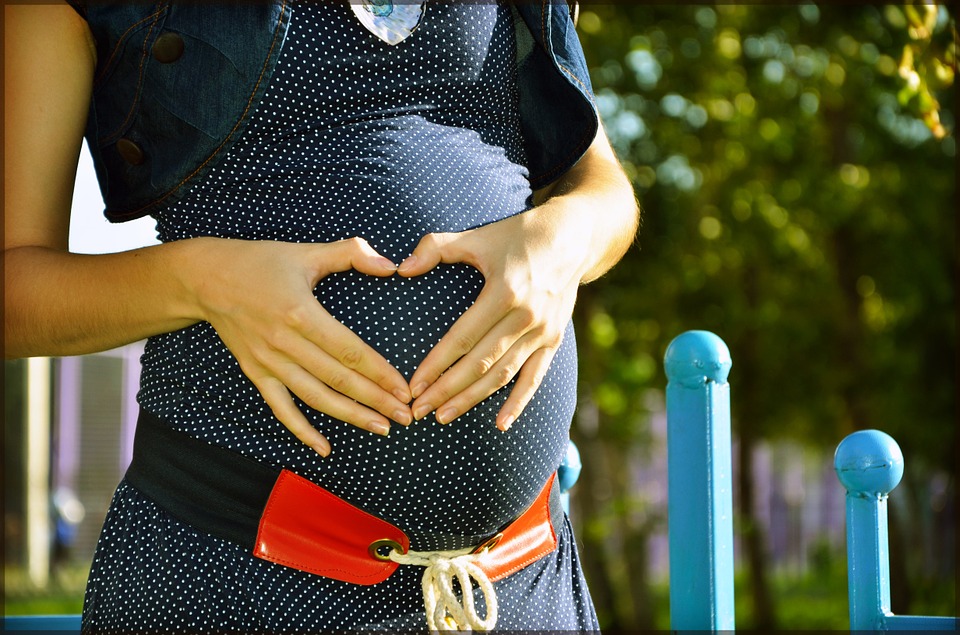Most women these days know that cigarettes and alcohol are no-go-zones during pregnancy, but there are a number of other foods, skincare products and environmental elements that expectant mothers often don’t know to avoid. Some topical ingredients are absorbed into the bloodstream, so knowing what to leave off your skin can be just as important as knowing what not to put in your body.
Nuriss’s leading London dermatologists take a look at safe and healthy skin during pregnancy and offer their expert tips for expectant mothers.
Be Careful When Choosing Acne Products
The ‘pregnant glow’ isn’t just a myth – some women do look more captivating during pregnancy. However, for those ladies who aren’t experiencing a lovely pregnant glow, or dull, grey skin from non-stop sickness during pregnancy, the most common skin problem left is acne. Hormone activity can cause bumps, rashes, skin discolouration, and worst of all, big, sore acne breakouts. But some skincare products that deal with these issues are not safe to use. Similarly, you may already use an anti-wrinkle product, but again, you need to look at the label during pregnancy and decide whether it’s something you need to stop using until you’ve given birth and finished breastfeeding your baby. It’s often targeted products for problems like wrinkles and acne that have ingredients you shouldn’t be using during pregnancy.
Salicylic Acid
This acne-fighting ingredient is often found in cleansers, toners and masks. It works deep within the pores to clean out dead skin cells, reducing inflammation and redness. While this is a mild acid, high doses in oral form can cause birth defects and pregnancy complications, according to some studies. Using small amounts in a topical form is considered safe during pregnancy, when considering something like a few drops of toner morning and night, but doctors tend to advise against it, just to be on the safe side. When it comes to more penetrating skincare products, such as exfoliants, masks and peels, it is best to avoid them altogether during pregnancy.
Retinoids
These powerful substances are often found in anti-ageing moisturisers and creams, celebrated for reducing wrinkles and improving skin tone. They are a type of vitamin A that speed up skin renewal and strengthen collagen. However, studies have suggested that high doses of vitamin A during pregnancy can be harmful to an unborn child. That hasn’t been proven yet in relation to topically applying vitamin A, but doctors air on the side of caution and generally advise pregnant women not to use it. When taken orally, on the other hand, in the form of something like isotretinoin (an acne treatment) there is a risk of causing birth defects.

Alternatives
When it comes to hormone-induced acne, you shouldn’t worry too much – it should subside after you’ve given birth. However, you shouldn’t totally ignore it, because there is a risk of scarring or becoming acne-prone in the future. A great option is special, customised skin peels that are recommended and mixed by a dermatologist. Skin professionals know what is safe and not safe to put on your skin during pregnancy, so they can advise the safest and most effective option for you while you are expecting.
The second thing to bear in mind is what you are eating and drinking. Acne and wrinkles can be signs of dehydrated or dry skin, so the first thing to do is make sure you are taking in enough water every single day. You should also watch what you are eating, because healthy food will not only nourish your baby, but will also nourish your skin and reduce the severity of any hormone-induced acne.

Nuriss’s medically-trained doctors and dermatologists can suggest the best course of treatments for acne or any other skin problems or conditions you may experience during pregnancy, and offer a custom-designed solution to suit your needs.

